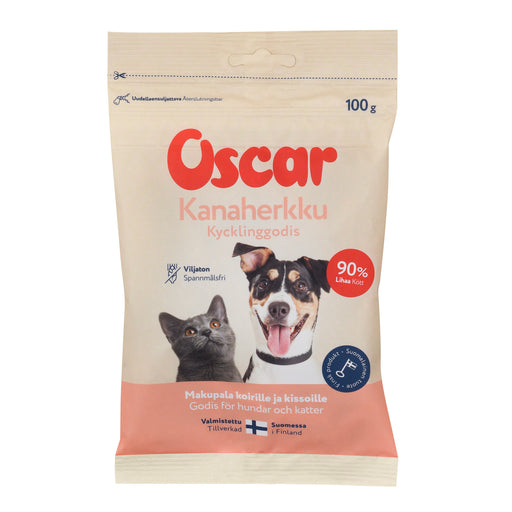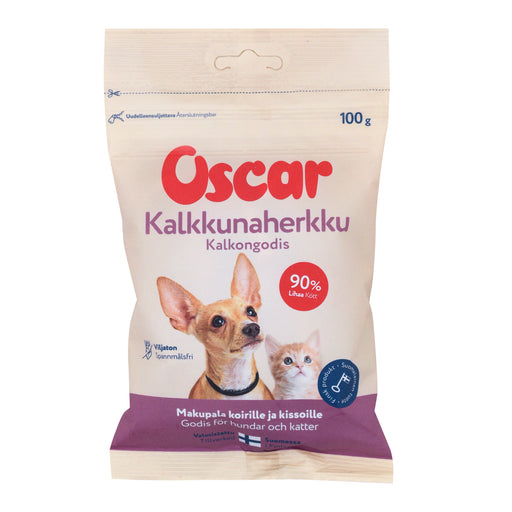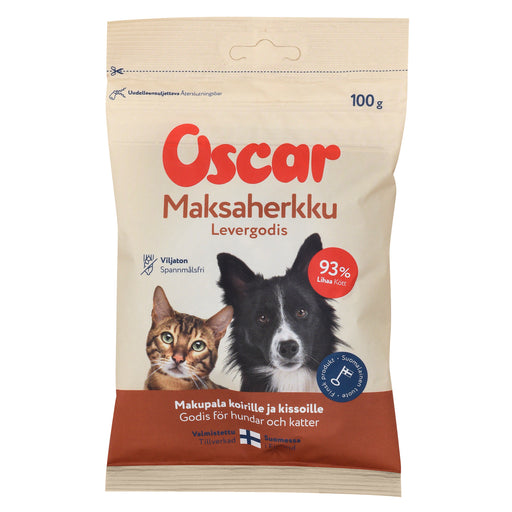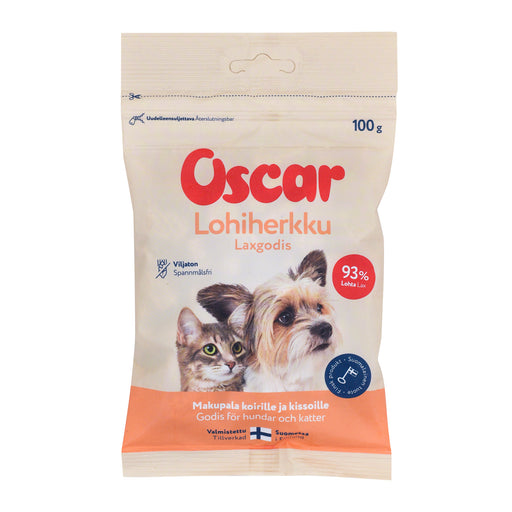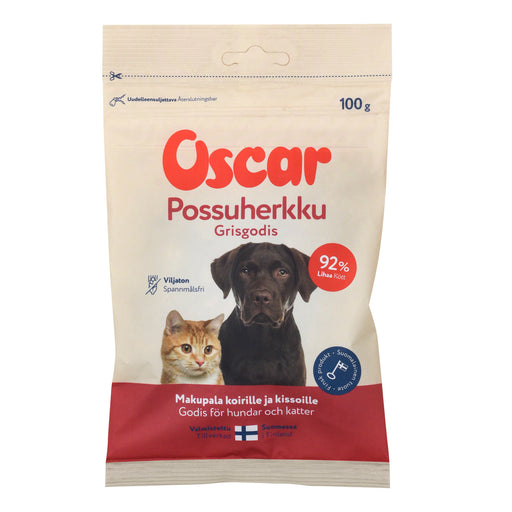Feeding plays a decisive part in the health and happiness of dogs. Dogs are natural carnivores with teeth and a digestive system to match. The canine body has evolved to feed effectively on the fat and proteins found in animals. Healthy dog food also includes the vitamins and minerals that dogs need to thrive. Vegetables can be introduced to meaty food for additional antioxidants, vitamins, and dietary fibre. How much nutrition is required varies according to the size, age, and activities of the dog.
You can tell by the dog if their diet is correct. A well-fed dog is lean and muscular with a healthy coat and skin, and their poo is firm and minimal because the food digests well.
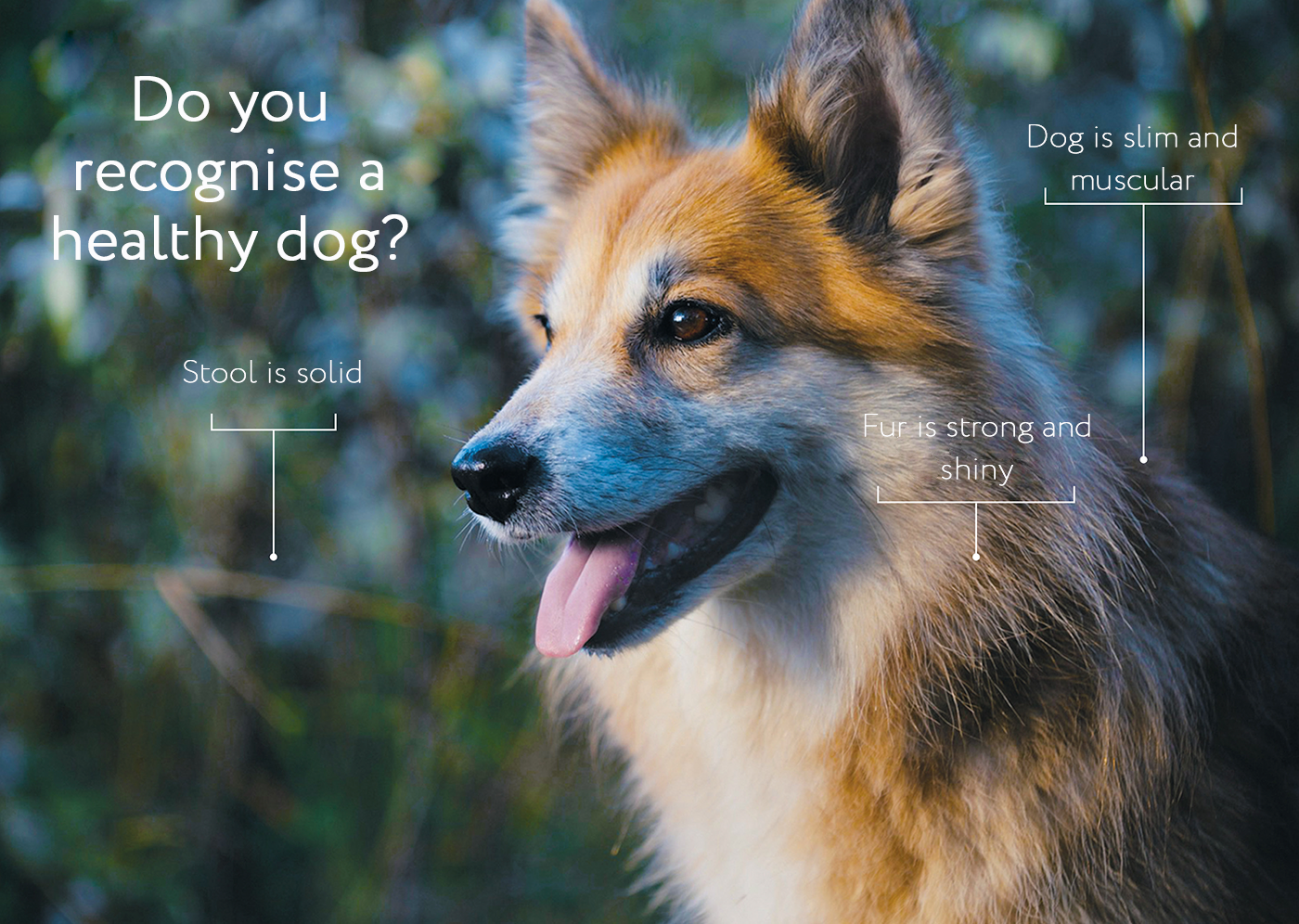
Dog feeding times
For adult dogs, their daily food can be served in one or two portions, but growing puppies need to be fed 3–5 meals each day. Dogs must also always have access to clean fresh water.
Active dogs require more energy and must eat readily digestible high-calorie food after exercise. Snacks and water should be offered during exercise as well.
Senior and neutered dogs require less energy, and their daily caloric intake should be planned according to their reduced need. If a dog starts putting on weight, it is time to reduce the size or energy density of its meals.
Dog food allergies

Chewing on bones is pleasant and therapeutic for dogs. Bones also help keep the dog’s teeth clean, and their regular chewing prevents the build-up of dental tartar.
Products for dogs
-
Oscar Chicken Treat
OscarOriginal price 3,40 € - Original price 28,60 €Original price 3,40 € - Original price 28,60 €Original price 3,40 €8,65 € - 15,00 €8,65 € - 15,00 €Current price 8,65 €New package! Meaty Chicken treat for dogs and cats. NO GRAIN. Complementary feed.
-
Oscar Turkey Treat
OscarOriginal price 3,40 € - Original price 28,90 €Original price3,40 € - 28,90 €3,40 € - 28,90 €Current price 3,40 €New package! Turkey treat for dogs and cats. Supplementary feed.
-
Oscar Liver Treat
OscarOriginal price 3,40 € - Original price 28,90 €Original price3,40 € - 28,90 €3,40 € - 28,90 €Current price 3,40 €NEW PACKAGE! Crispy oven dried treat for dogs and cats made of Finnish beef and beef liver. NO GRAIN. Complementary feed.
-
Oscar Salmon treat
OscarOriginal price 3,40 € - Original price 28,90 €Original price3,40 € - 28,90 €3,40 € - 28,90 €Current price 3,40 €NEW PACKAGE! Soft oven dried treat for dogs and cats made of fresh salmon. NO GRAIN. Complementary feed.
-
Oscar Pork Treat
OscarOriginal price 3,40 € - Original price 28,90 €Original price3,40 € - 28,90 €3,40 € - 28,90 €Current price 3,40 €NEW PACKAGE! Crispy oven dried treat for dogs and cats made of Finnish pork. NO GRAIN. Complementary feed.

